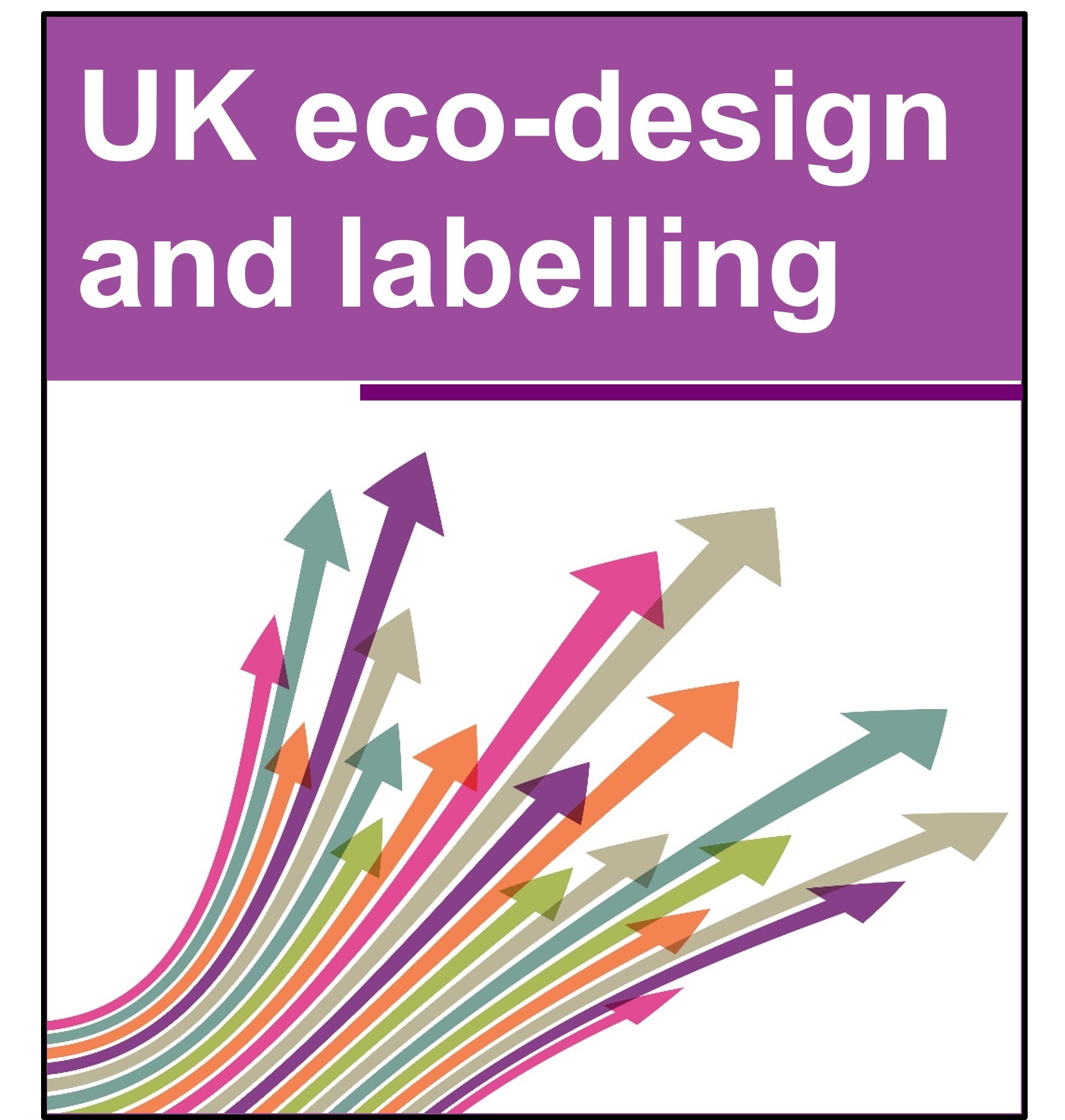UK eco-design and labelling

Currently the UK mirrors the eco-design and energy labelling requirements for products applied by Europe. However, now that the UK is no longer part of the EU it is possible for the UK to apply their own regulations (both for existing products that are currently labelled and also for new products not currently part of EU regulations). BEIS (the Department for Business, Energy and Industrial Strategy) has recently published a consultation document where they suggest that the UK can apply more stringent regulations and through this generate greater carbon savings (https://www.gov.uk/government/publications/energy-related-products-policy-framework). This follows on from a call for evidence in June 2020. BEIS now wish to test these proposals with stakeholders to refine and develop them further.
Based on the BEIS analysis for all the products examined, they estimate that this could contribute savings of as much as 10- 24 MtCO2e to Carbon Budget 5 (2028 – 2032), and 14- 35 MTCO2e to Carbon Budget 6 (2033-2037). The aim is not purely to reduce carbon emissions though energy savings but to also build a circular economy where products are more durable, repairable, and recyclable. It also aims to drive innovation and provide incentives for manufacturers to develop smart technologies.
The document suggests a range of carbon savings according to the level of ambition. Methods to achieve the savings are discussed and include new regulation, voluntary initiatives and the use of the Energy Technology List.
Currently not all products that are already part of energy labelling and/or eco-design are covered by the consultation. However, BEIS state that the consultation covers some potential illustrative proposals and so this indicates that the future ambition is not to just cover the products listed. Refrigeration based products that are included in the current document are commercial refrigeration, heat pumps and compressors.
Commercial refrigeration has been identified as a key area for energy efficiency improvement. The document states: ‘Where businesses have taken up more energy efficient commercial refrigeration, this tends to concern technologies with energy-saving potential at the lower end of the spectrum. There is therefore a gap between the energy-savings currently being made and the potential that could be achieved.’ BEIS state that, depending on the options considered, there is the potential to save 0.3-1.2 MtCO2e over Carbon Budget 5 through further regulation.
The analysis has estimated that efficient compressors (low pressure, oil free, standard air, and commercial/industrial refrigeration were considered) could save 0.07- 0.37 MtCO2e over Carbon Budget 5. Most of the savings were from standard and refrigeration compressors which will be the focus moving forward.
The consultation document states that it is a starting point for engagement with stakeholders and that proposals will begin to be developed and refined in 2022. Eventual implementation of some of the policies is anticipated from 2025.
If you would like further information on eco-design/energy labelling either in the UK or Europe then please contact Judith Evans at RD&T (j.a.evans@rdandt.co.uk).